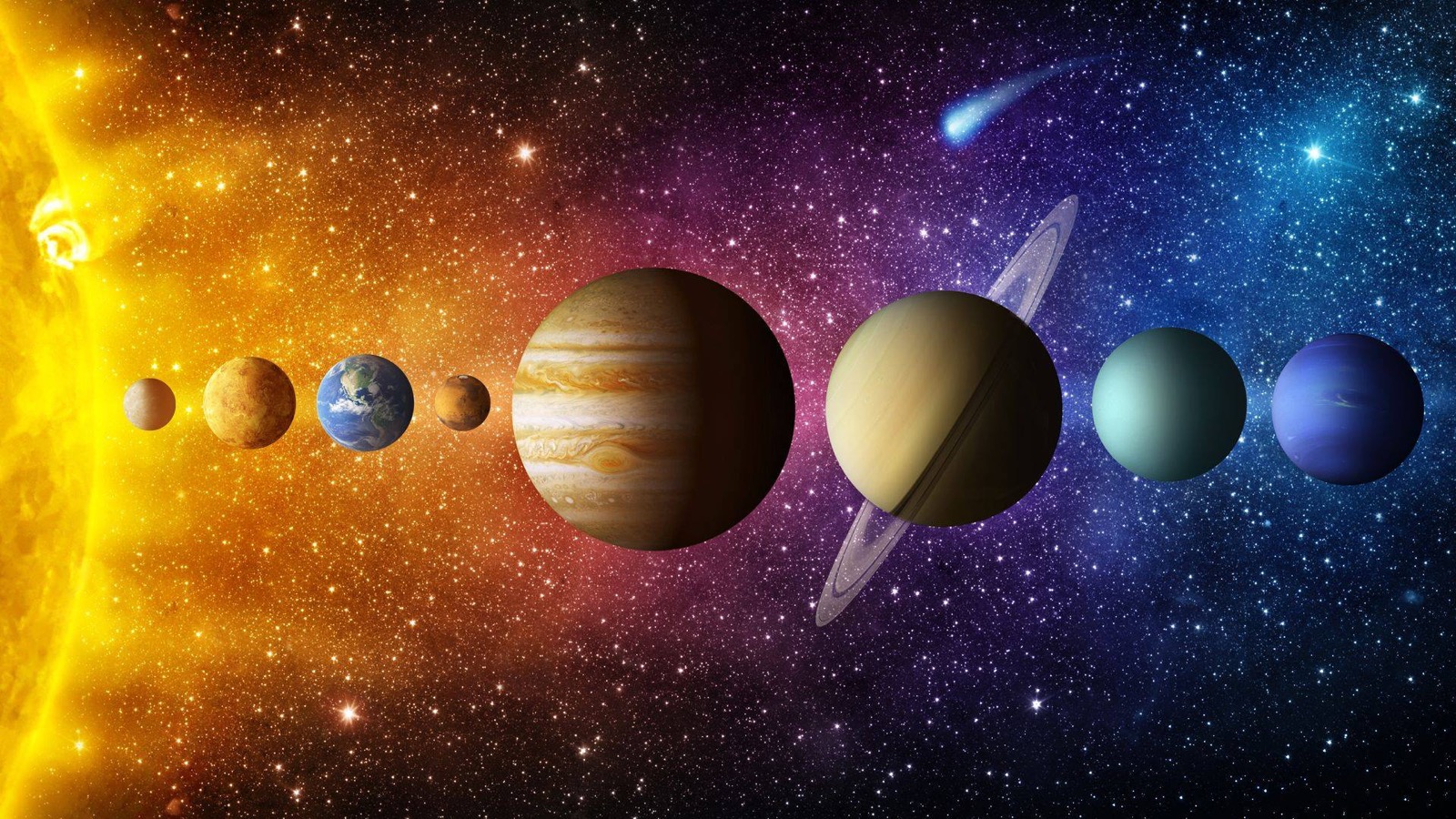
The Ultimate Solar System Quiz!
Have you ever gazed at the stars and wondered about the celestial ballet unfolding above? Do you dream of soaring through the cosmos, past swirling nebulae and dancing dust motes, to explore the wonders of our solar system? Well, brace yourself, space cadet, because the Solar System Quiz is your launchpad to an interstellar escapade!
This isn't your average astronomy quiz. We're talking a pulse-pounding, knowledge-fueled rocket ride designed to ignite your cosmic curiosity and test your mettle against the mysteries of the universe. From the scorching inferno of the sun to the frigid plains of Pluto, we'll be quizzing you on everything that makes our solar system tick.
We've crafted questions that will bend your brainwaves, warp your perceptions, and leave you muttering, "Holy nebula, I never knew that!"
Why the Solar System Matters?
The solar system's influence on our planet, and by extension, our lives, is undeniable. It's more than just a collection of planets and moons; it's where the only sign of known life unfolded, the source of inspiration for countless myths and legends, and a potential canvas for future human exploration.
Here's why the solar system matters:
- It shapes our existence: The sun's life-giving energy fuels our ecosystems, drives weather patterns, and influences everything from the length of our days to the tides in our oceans. Understanding the sun's behavior is crucial for predicting climate change and ensuring our future on Earth.
- It holds clues to our origins: Studying the planets and moons in our solar system sheds light on how Earth formed, evolved, and potentially, if life exists elsewhere. Each celestial body is a piece of the cosmic puzzle, helping us understand our place in the universe.
- It ignites our imagination and fuels innovation: From Galileo's first glimpse of Jupiter's moons to the robotic rovers exploring Mars, the solar system has always sparked human curiosity and driven technological advancements. It pushes the boundaries of our knowledge, inspiring dreams of interstellar travel and pushing the frontiers of science.
Understanding the solar system isn't just about studying distant objects; it's about gaining a deeper appreciation for our own planet and our place in the cosmos. It's a reminder that we're part of something much grander.
The Benefits of Learning About Space
- Boosts critical thinking and problem-solving skills: Unraveling the mysteries of celestial bodies requires you to analyze data, compare observations, and draw logical conclusions. These skills apply not just to astronomy, but to every aspect of your life.
- Sparks a lifelong love for learning: The solar system is a treasure trove of fascinating stories, from the birth of stars to the dance of celestial bodies. Studying it fuels curiosity, encourages exploration, and ignites a passion for lifelong learning.
- Expands your perspective and inspires awe: Gazing at the night sky and understanding the vastness of our solar system humbles us and expands our perspective. It reminds us of our place in the universe, fostering a sense of wonder and a deeper appreciation for our planet.
- Connects you to a global community: Curiosity about the cosmos knows no borders. Learning about the solar system connects you with like-minded individuals from around the world, united by a passion for space exploration and scientific discovery.
So, grab your spacesuit, strap on your thirst for knowledge, and prepare to explore the wonders of the solar system. The rewards are as vast and infinite as the cosmos itself.
Mind-Blowing Solar System Facts
Ready to blast your mind into orbit? The solar system is a place where reality often surpasses fantasy, throwing up jaw-dropping facts that make you exclaim, "Wow, seriously?!" Here are just a few celestial curiosities to pique your curiosity:
- Jupiter's Great Red Spot, a swirling storm the size of Earth, has been raging for hundreds of years!
- Venus, despite being closer to the sun than Mercury, experiences much cooler temperatures because of its thick, swirling clouds!
- Saturn's rings, made up of billions of icy particles, stretch over 228,000 kilometers, almost as wide as Earth's orbit!
- Pluto, once considered a planet, is actually a dwarf planet, but is home to mountains taller than the Himalayas!
- The Sun contains over 99% of the mass in our entire solar system, making it an absolute galactic heavyweight!
These are just a taste of the cosmic surprises that await you in the world of solar system exploration. So, dive into the Solar System Quiz and let your curiosity be your cosmic compass!
Take the Quiz Now!
The Solar System Quiz isn't about boasting rights or proving your astrological prowess (although, hey, a friendly space race never hurt anyone!). It's about celebrating the sheer awe-inspiring vastness and grandeur of our cosmic neighborhood. Whether you're a seasoned astronomer or a wide-eyed space rookie, there's a celestial challenge for everyone in this dynamic quiz.
Think you've got the cosmic chops to conquer this celestial challenge? Blast off by clicking the button below and let the adventure begin! Remember, there's no pressure, just pure spacefaring fun and learning. So, take a deep breath, channel your inner astronaut, and get ready to rock the Solar System Quiz! You might just surprise yourself with the hidden depths of your cosmic knowledge.
Enjoy Quizly? Upgrade to Premium for an ad-free experience and exclusive features.
Get PremiumSolar System Quiz Questions
How many planets are there in our solar system as of current classification?

8
10
7
9
What is the center of our solar system?

Earth
Black hole
Mars
Sun
What is the approximate age of our solar system?
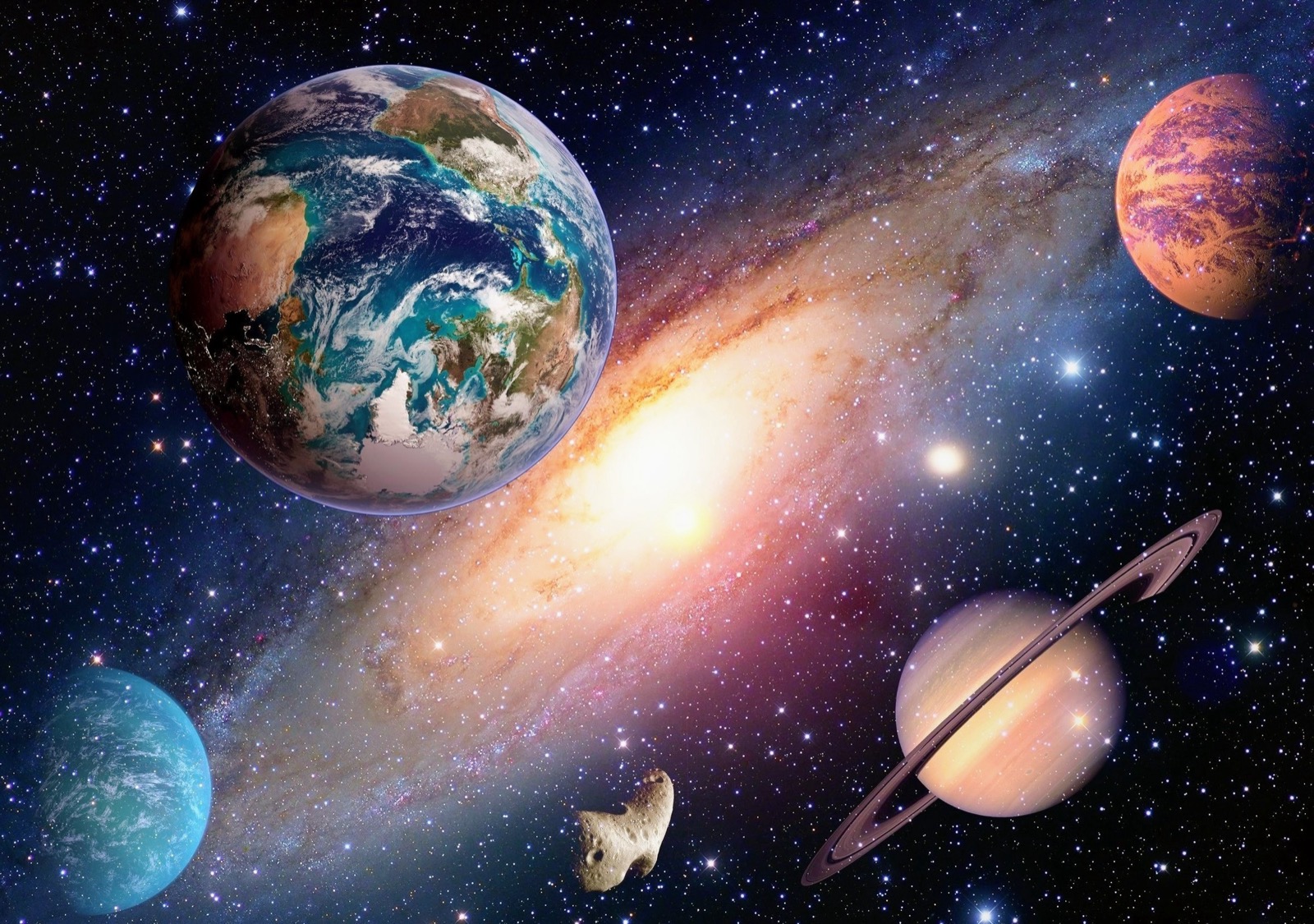
2.3 billion years
6.8 billion years
10.5 billion years
4.6 billion years
Which planet is closest to the Sun?

Mars
Earth
Mercury
Venus
What is the largest planet in our solar system?
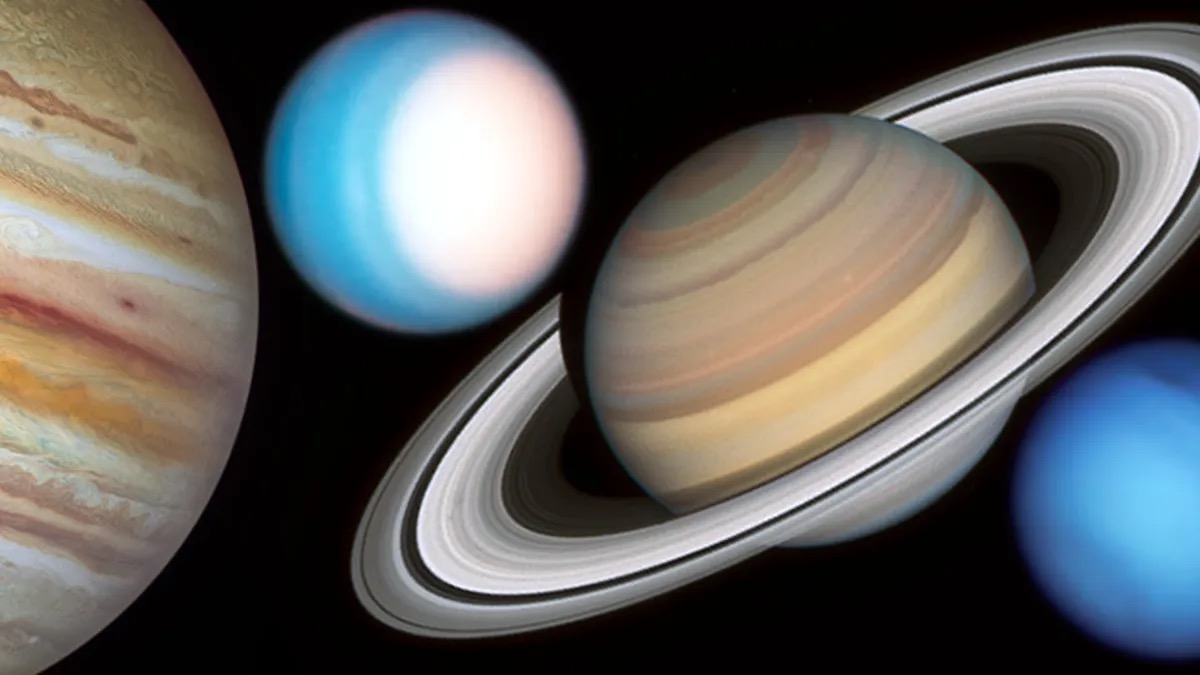
Neptune
Jupiter
Uranus
Saturn
Which planet is known as the 'Red Planet'?
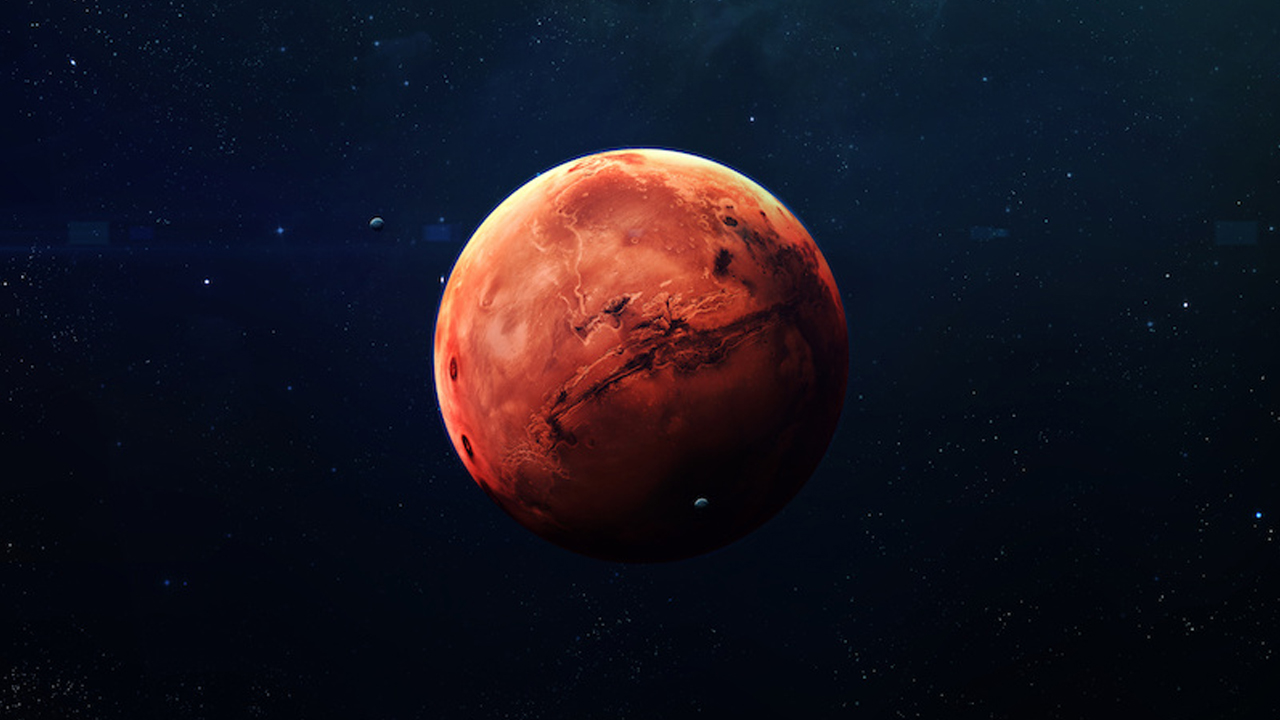
Neptune
Saturn
Mars
Jupiter
What is the hottest planet in our solar system?
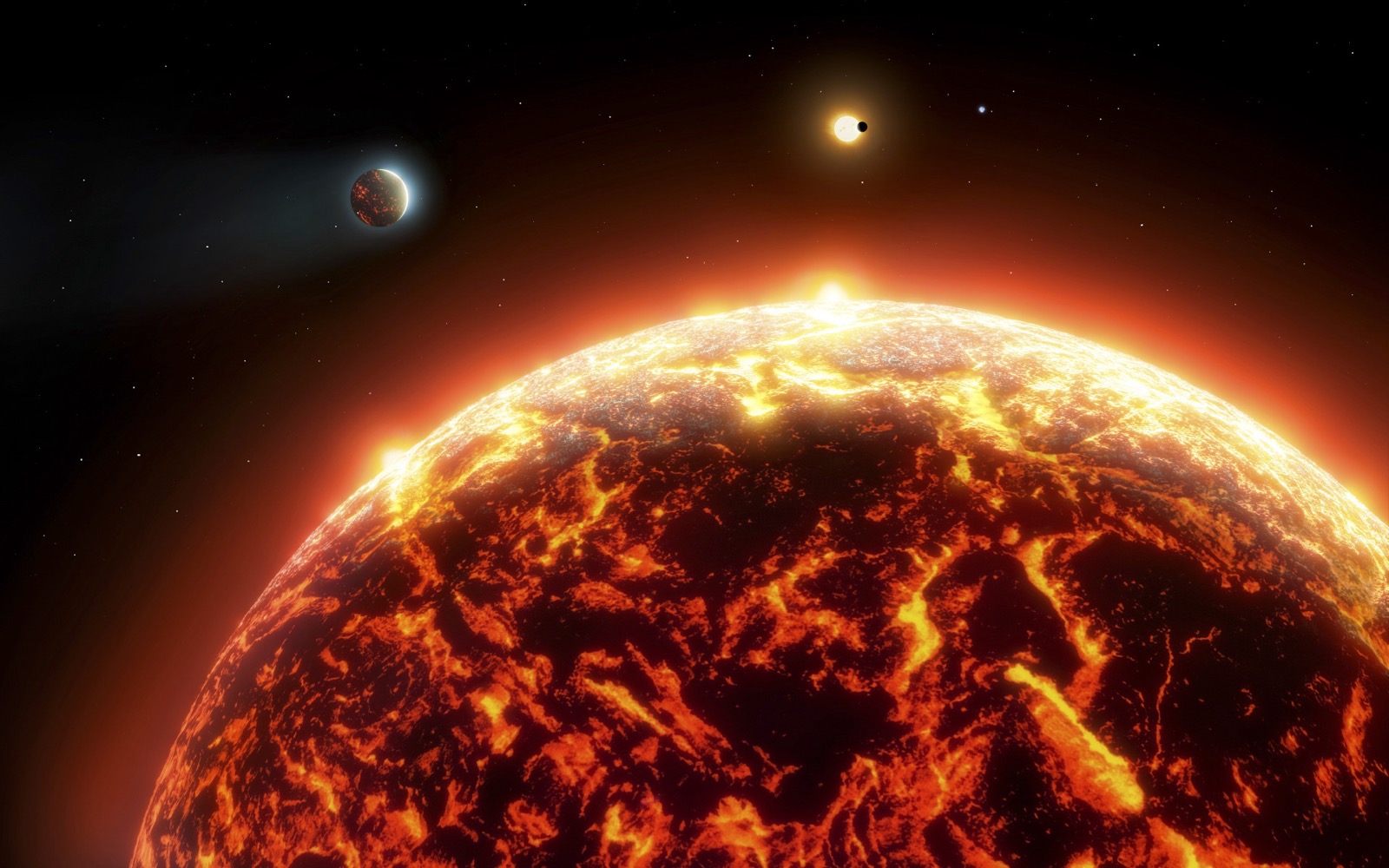
Earth
Venus
Mercury
Mars
Which planet is known for its beautiful rings?
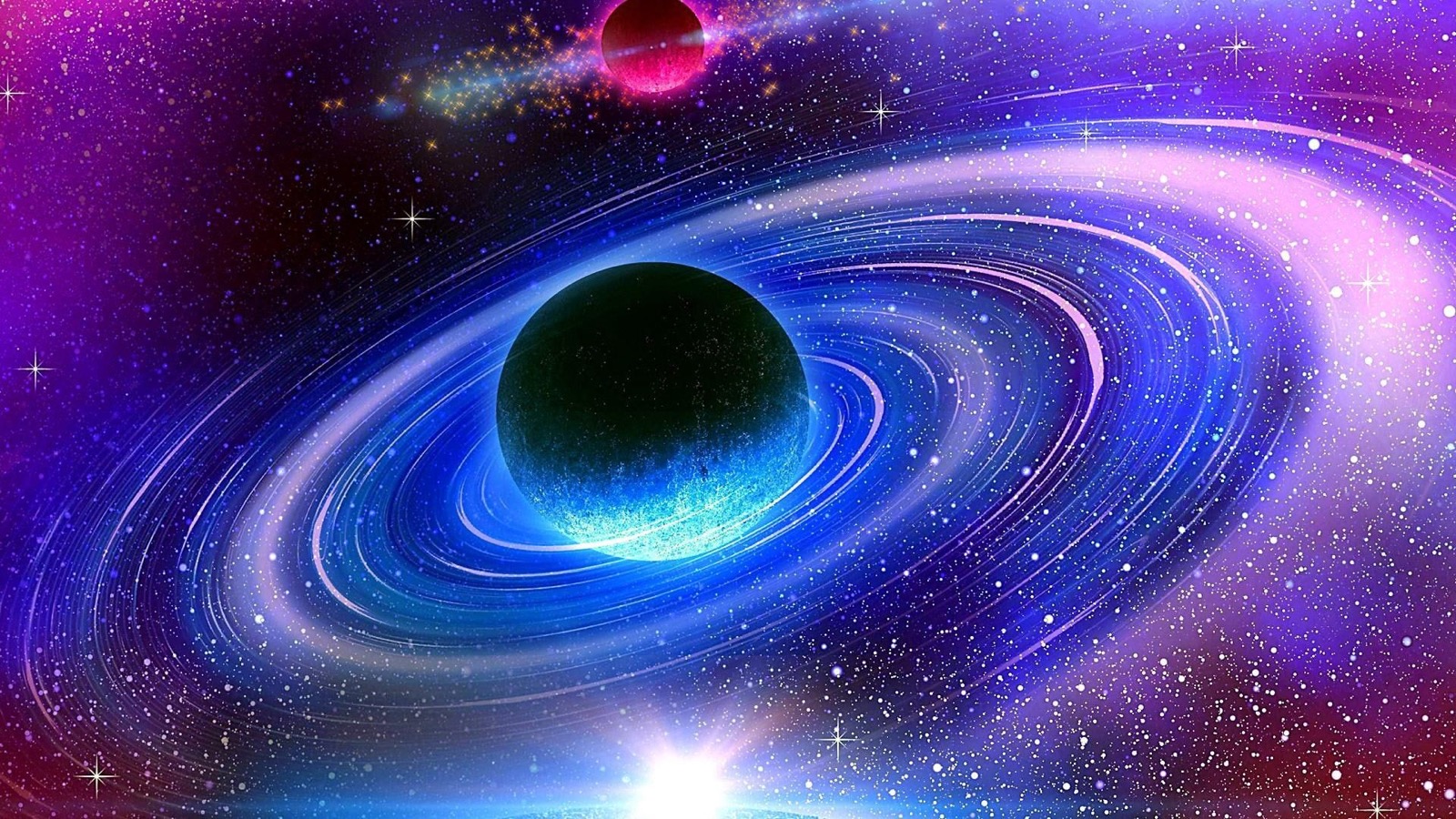
Uranus
Neptune
Jupiter
Saturn
What is the smallest planet in our solar system?
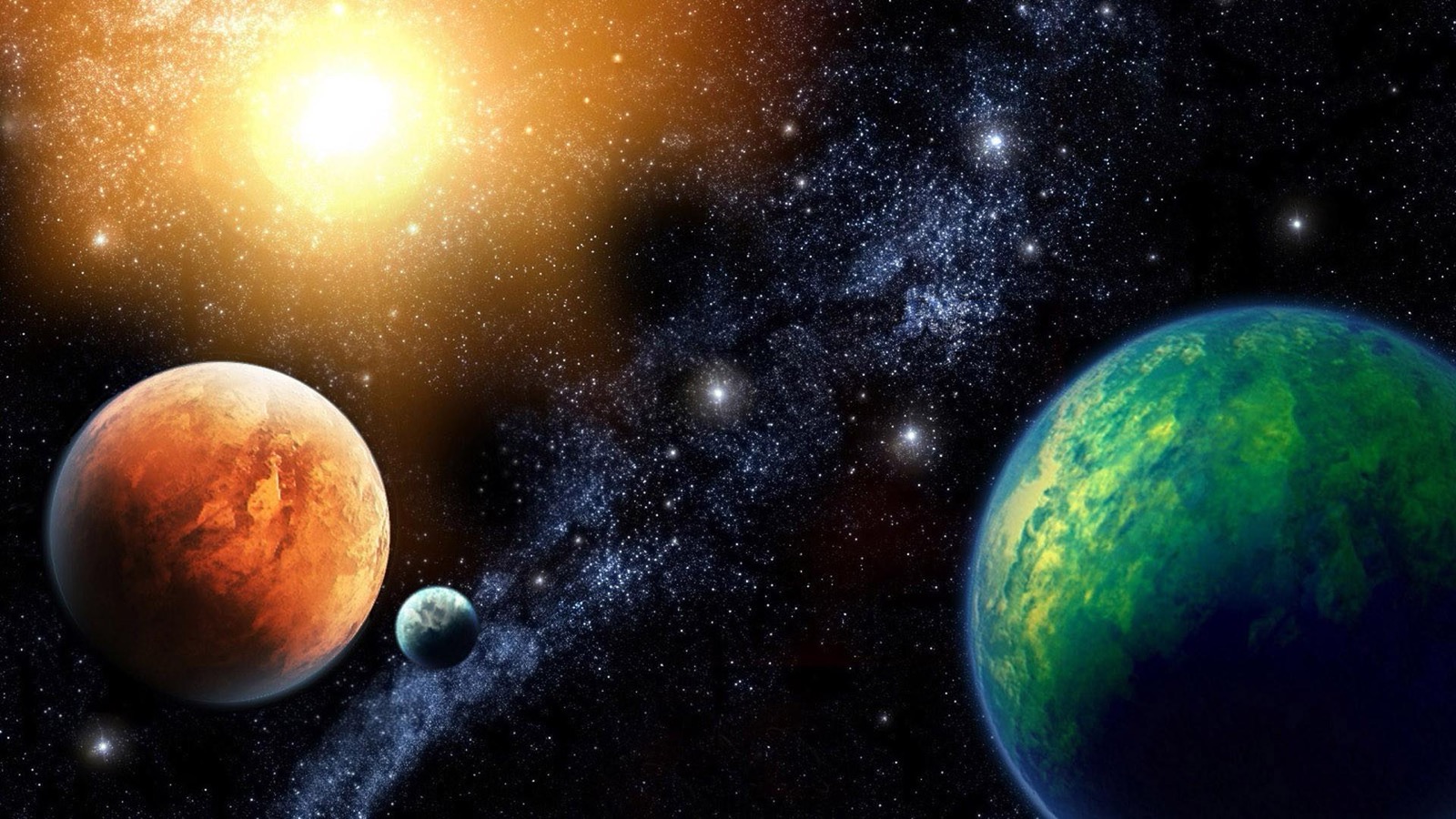
Mercury
Mars
Venus
Earth
What is the farthest planet from the Sun in our solar system?
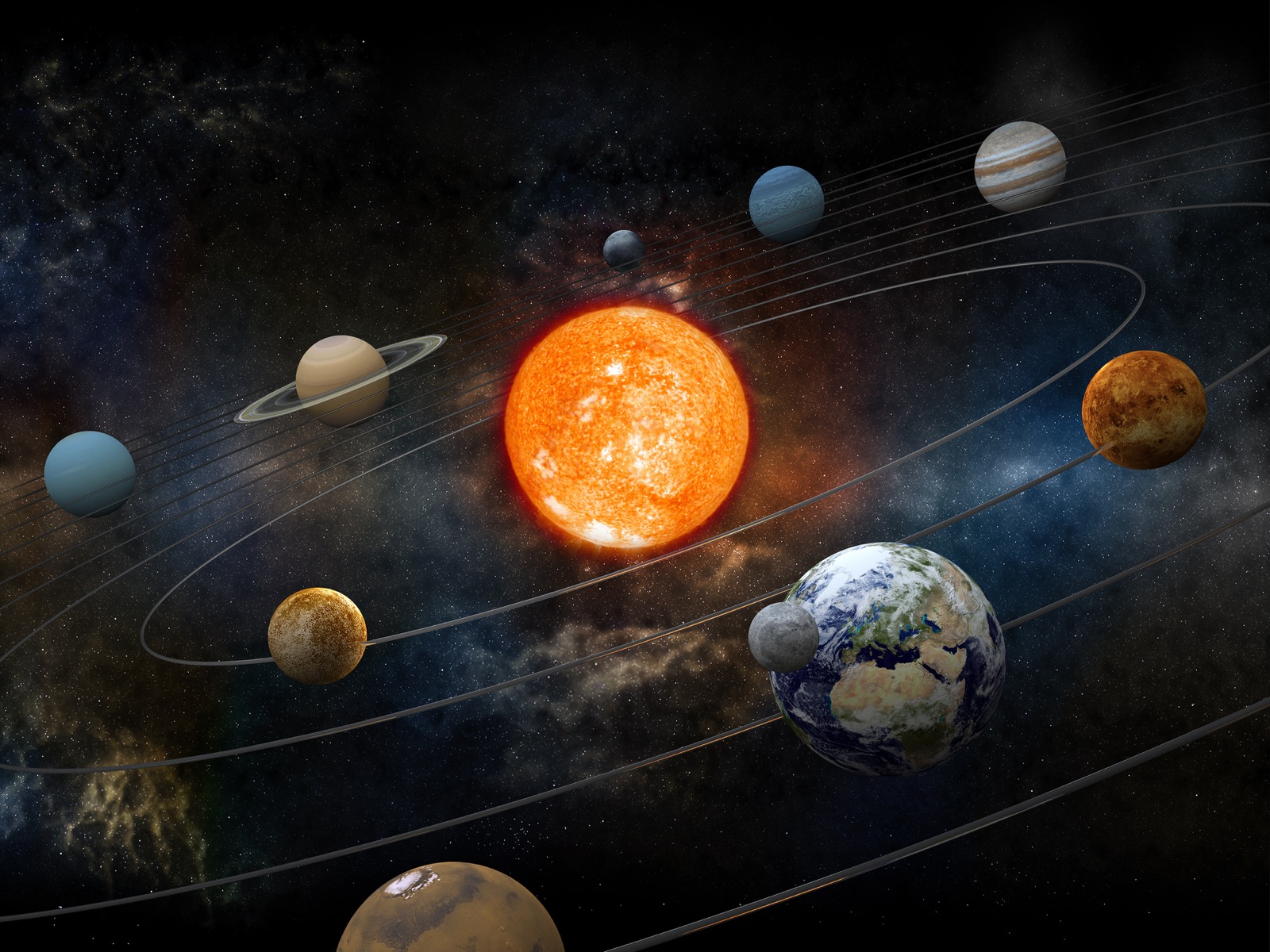
Neptune
Saturn
Uranus
Pluto
Which planet is known as the 'Blue Planet'?
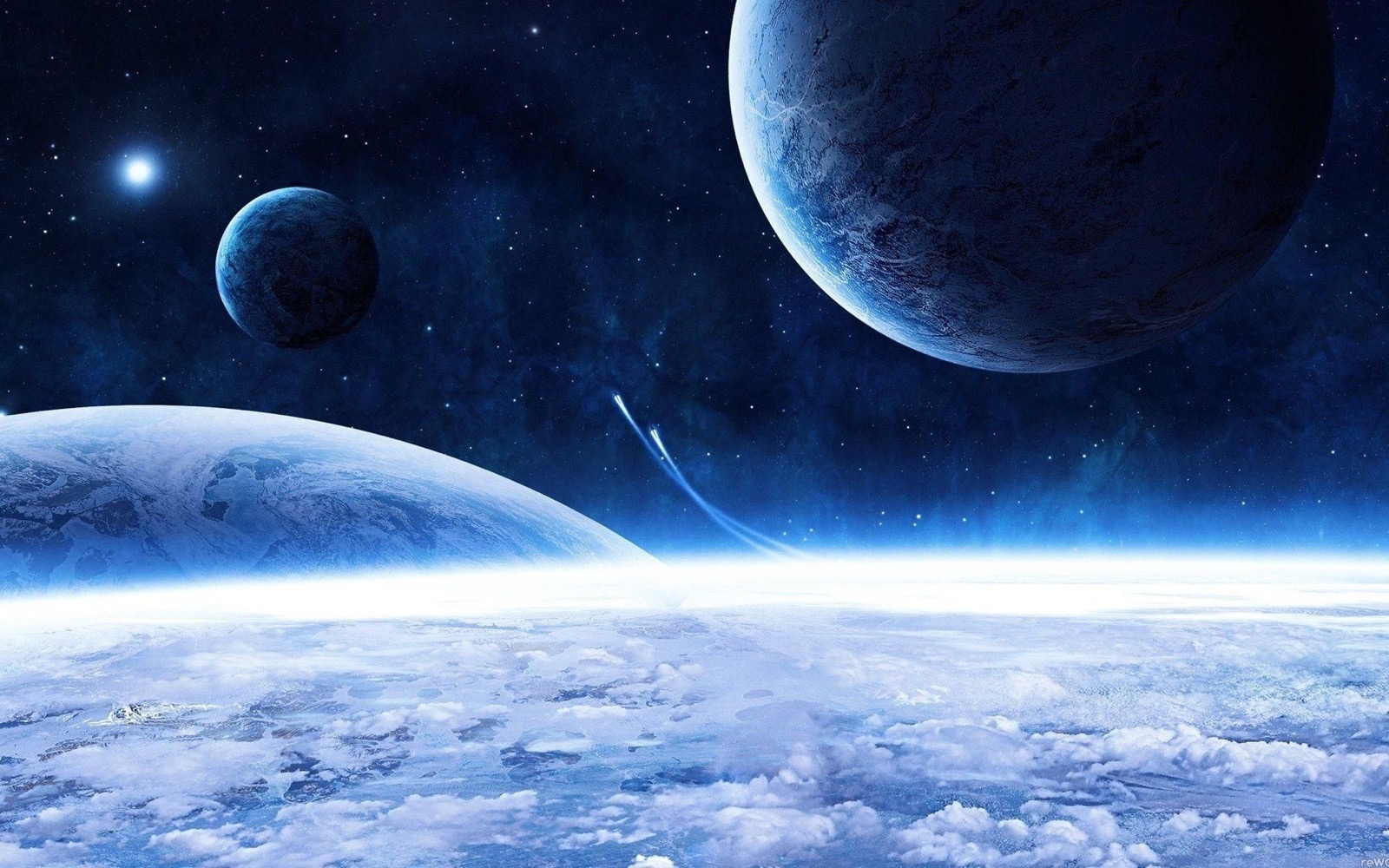
Venus
Earth
Mars
Mercury
What is the name of the largest known volcano in our solar system?
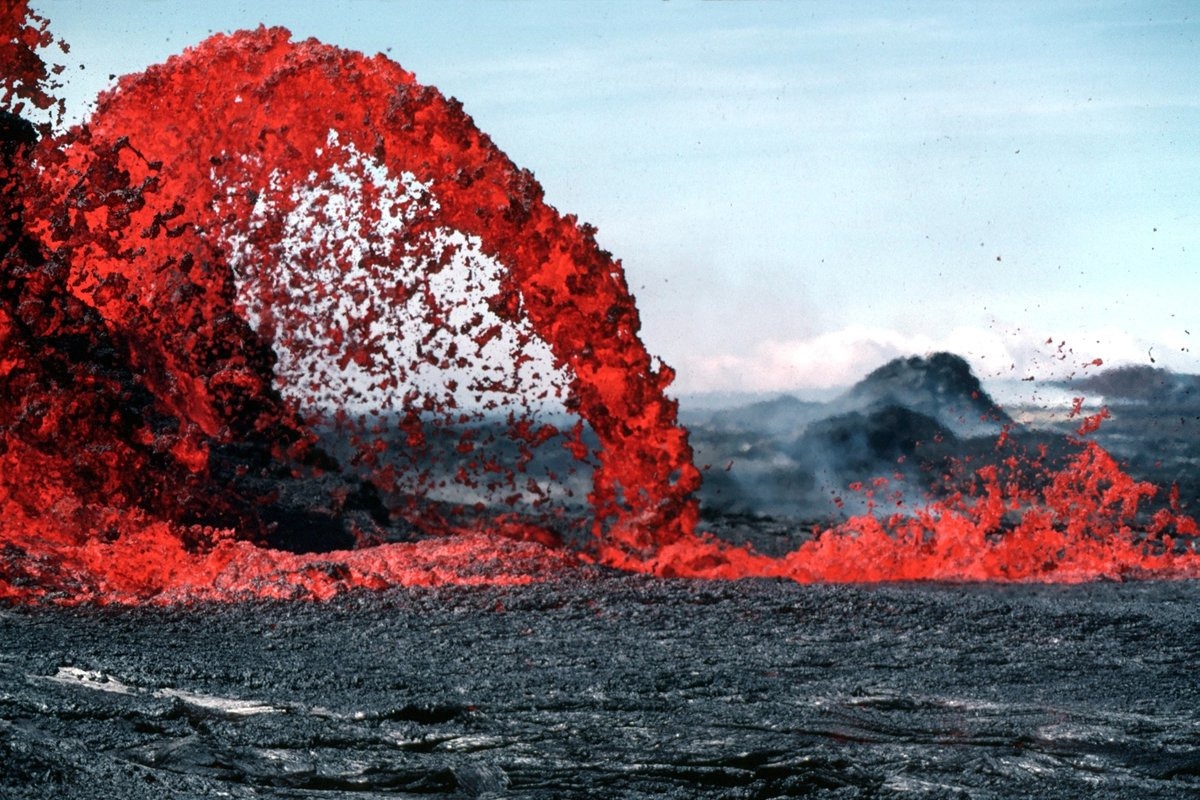
Mauna Loa
Mount Vesuvius
Mount Everest
Olympus Mons
You're halfway through the quiz! Which planet has the Great Red Spot?
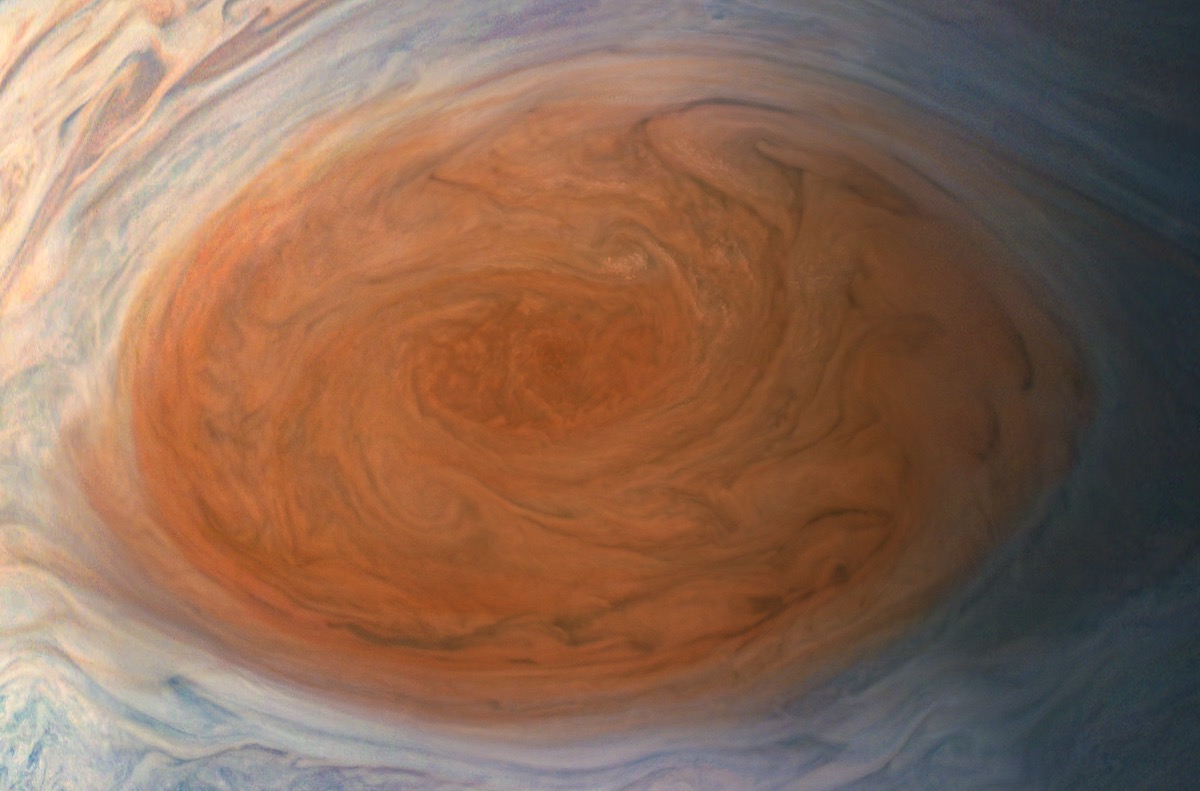
Mars
Saturn
Uranus
Jupiter
Which planet has a day that's longer than its year?
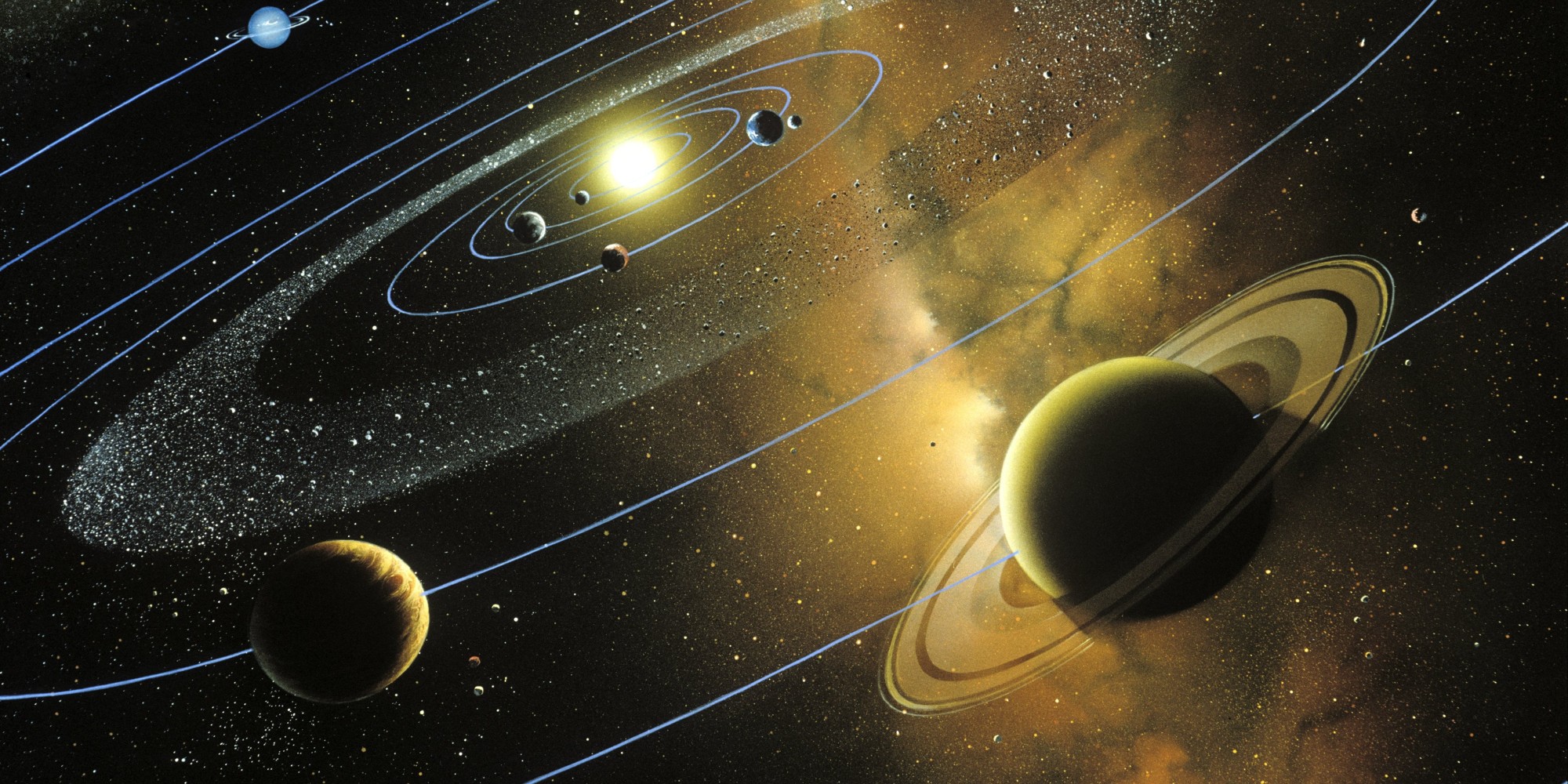
Mars
Jupiter
Venus
Mercury
What is the largest moon in the solar system?
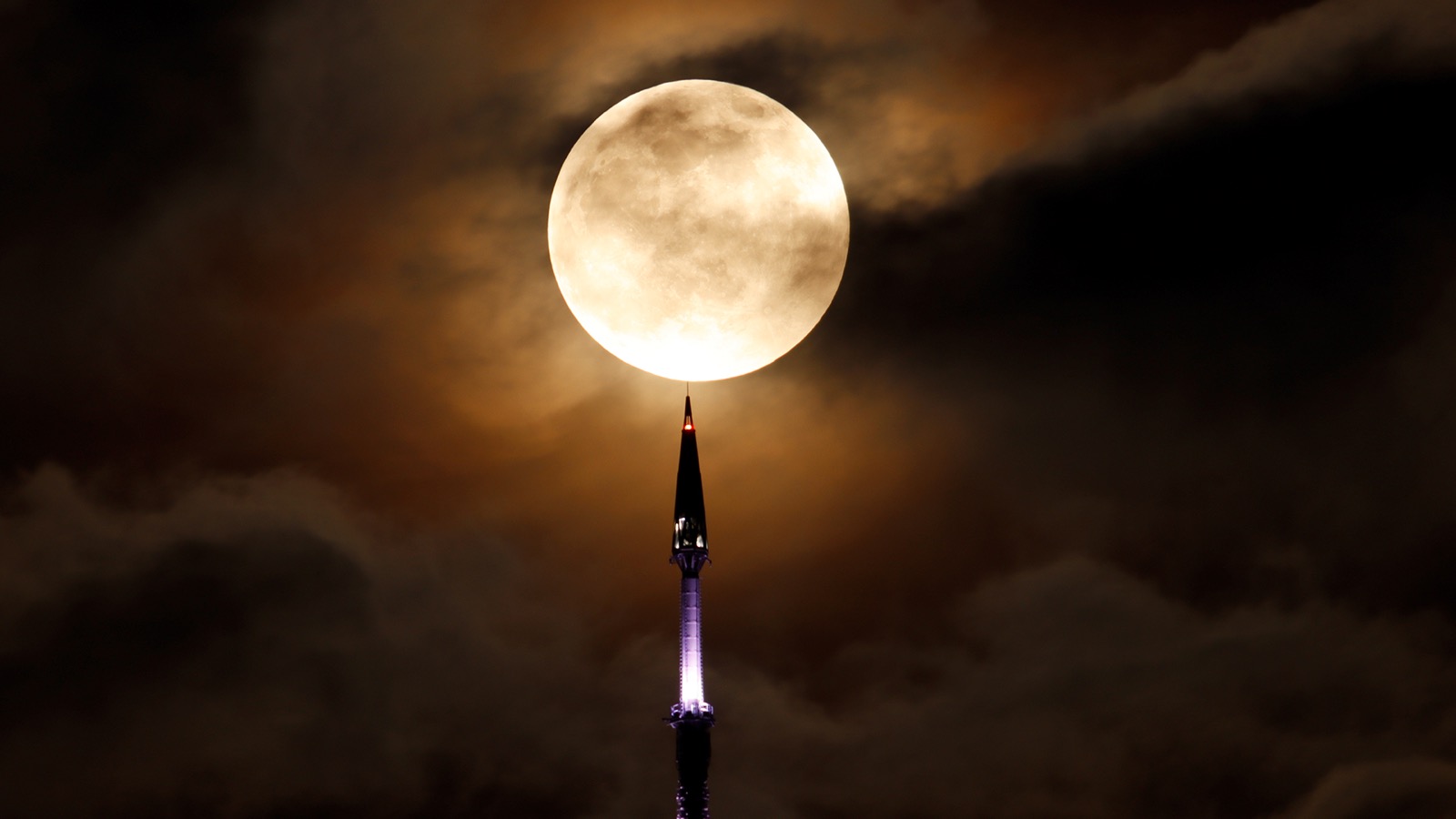
Ganymede
Europa
Titan
Callisto
Which planet is tilted almost completely sideways?
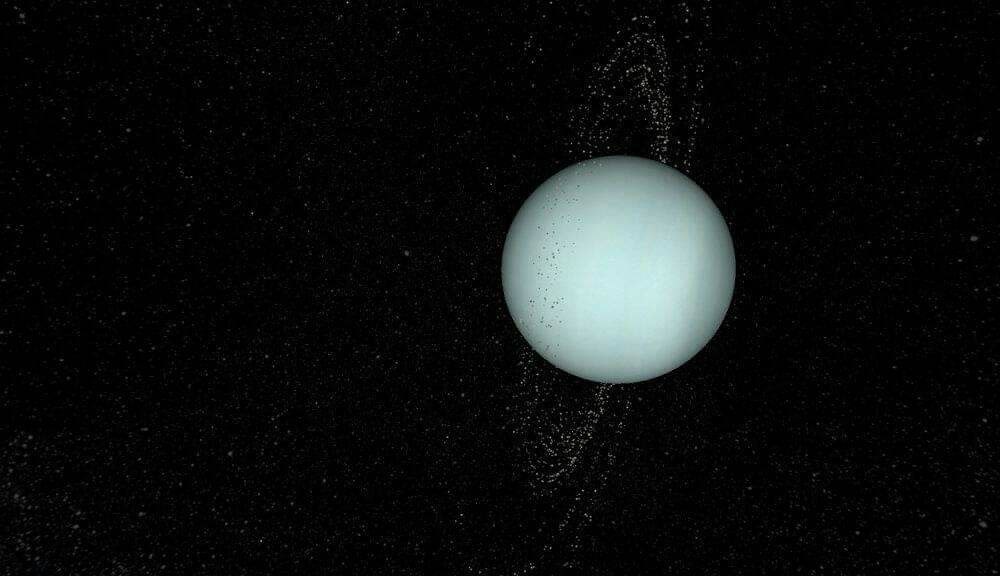
Neptune
Uranus
Saturn
Jupiter
What is the solar system orbiting around?
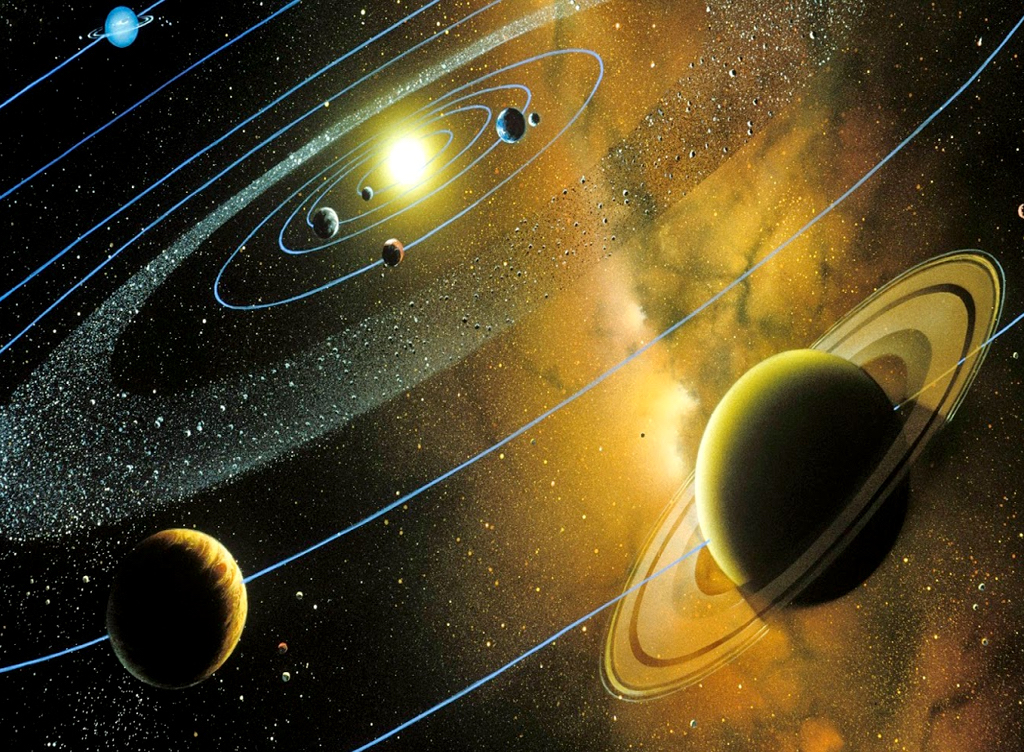
The Andromeda galaxy
It's not orbiting around anything
The Sun
The center of the Milky Way galaxy
Which planets are known as ice giants?
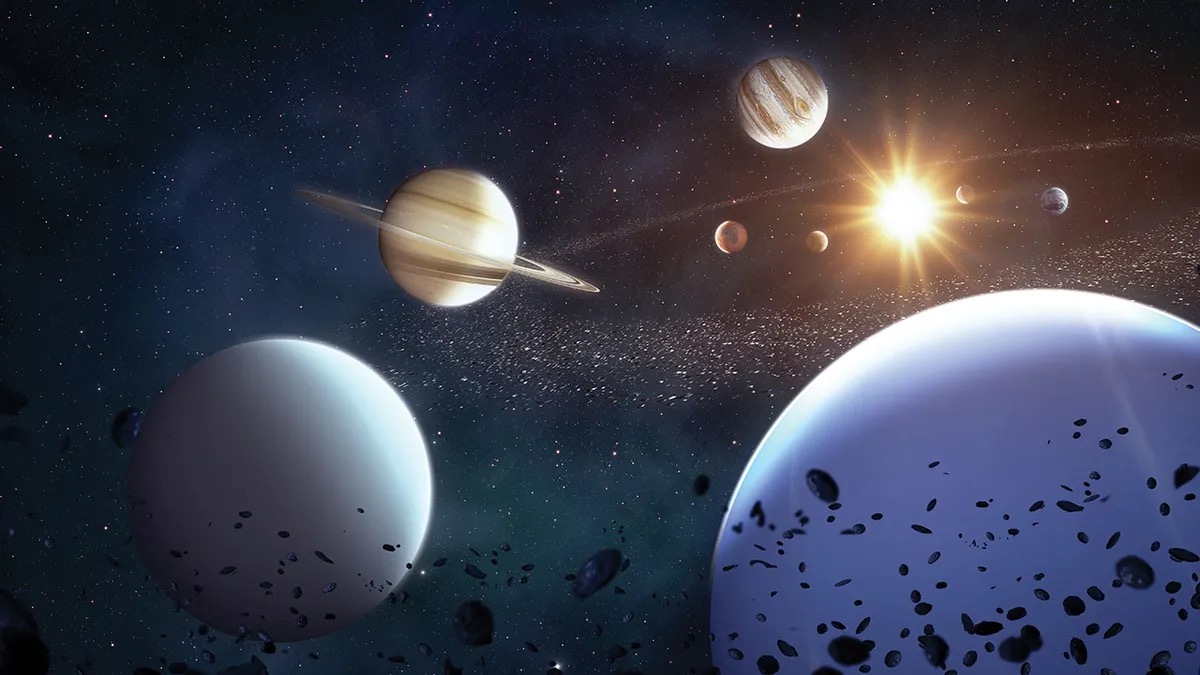
Neptune and Uranus
Makemake and Haumea
Saturn and Jupiter
Pluto and Neptune
What is the region in space where the Sun's influence is dominant?
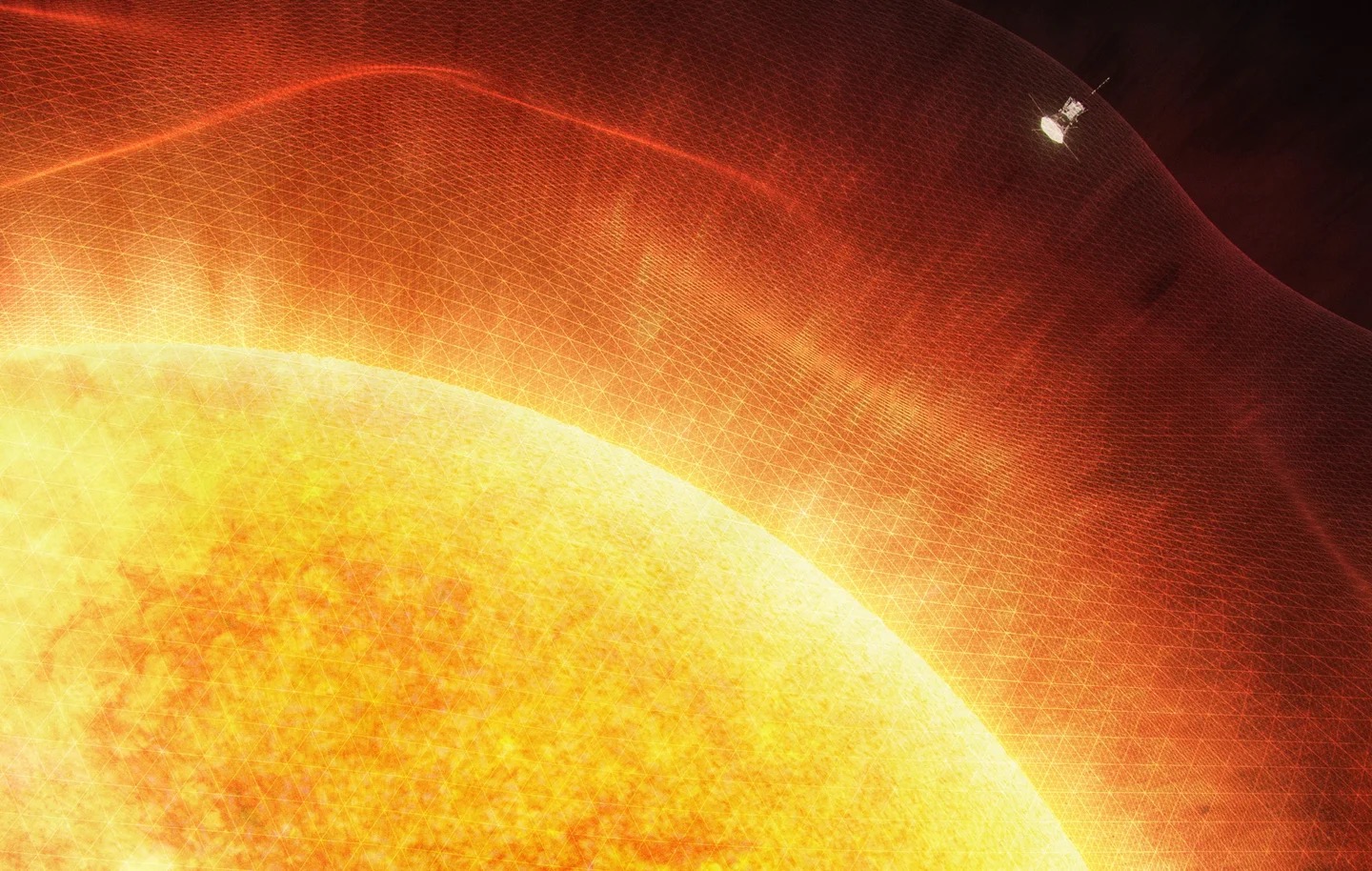
Oort cloud
Heliosphere
Kuiper belt
Asteroid belt
What is the name of the theoretical ninth planet in our solar system, believed to exist beyond Pluto?
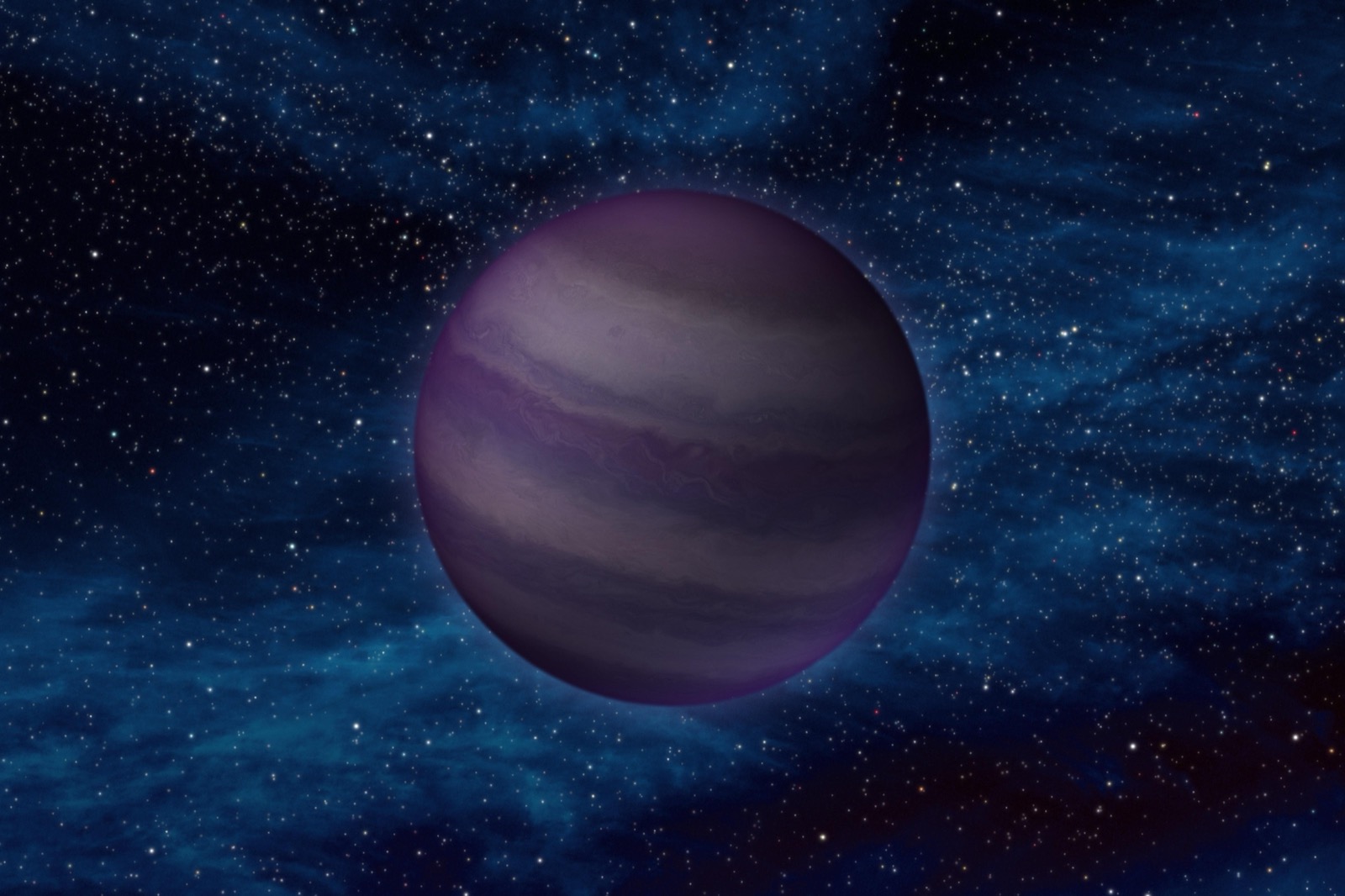
Nibiru
Eris
Planet Nine
Haumea
Which two planets in our solar system rotate clockwise?
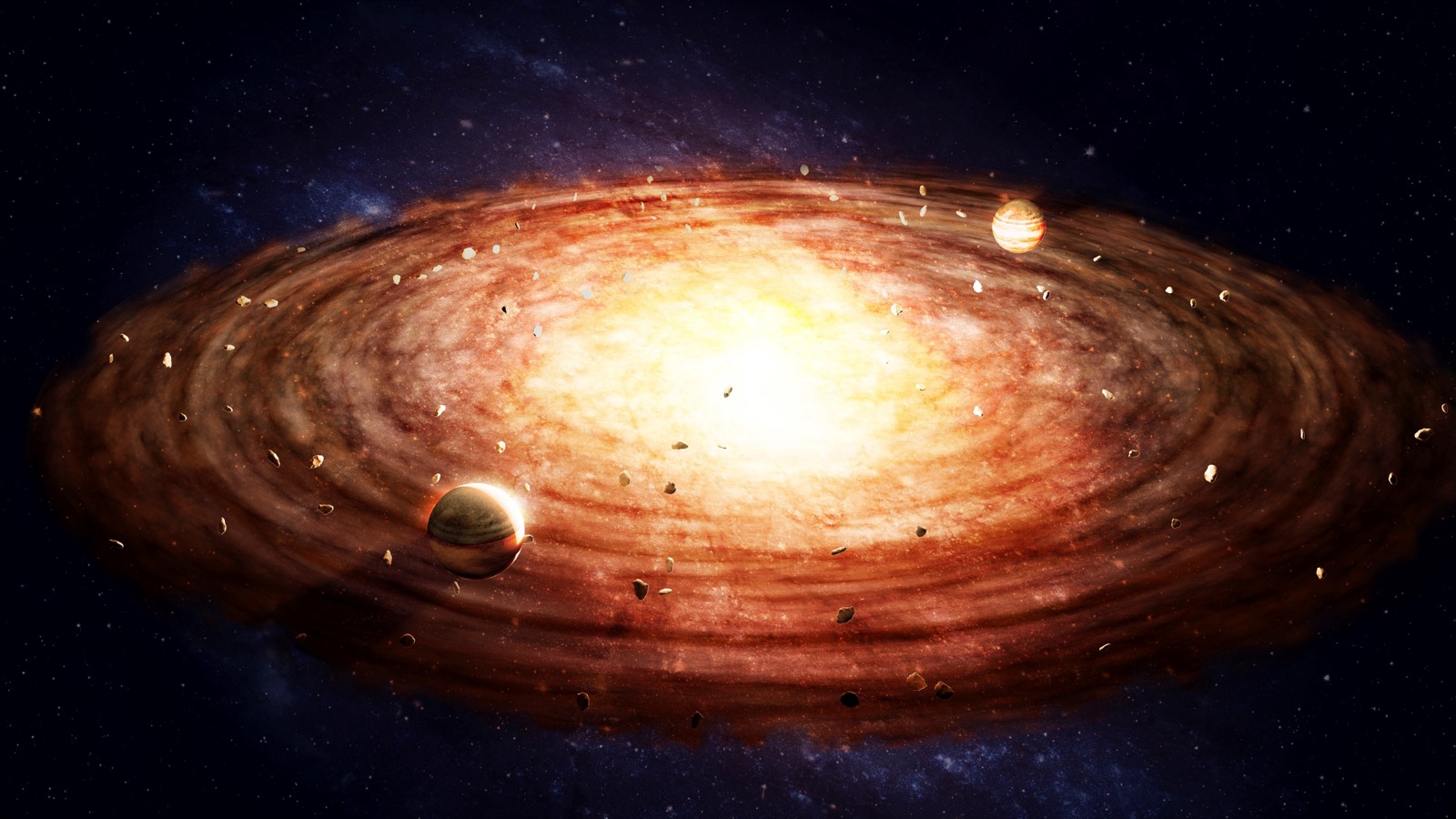
Saturn and Neptune
Mars and Jupiter
Venus and Uranus
Mercury and Earth
The finish line is in sight! Which of these regions is located between Mars and Jupiter?
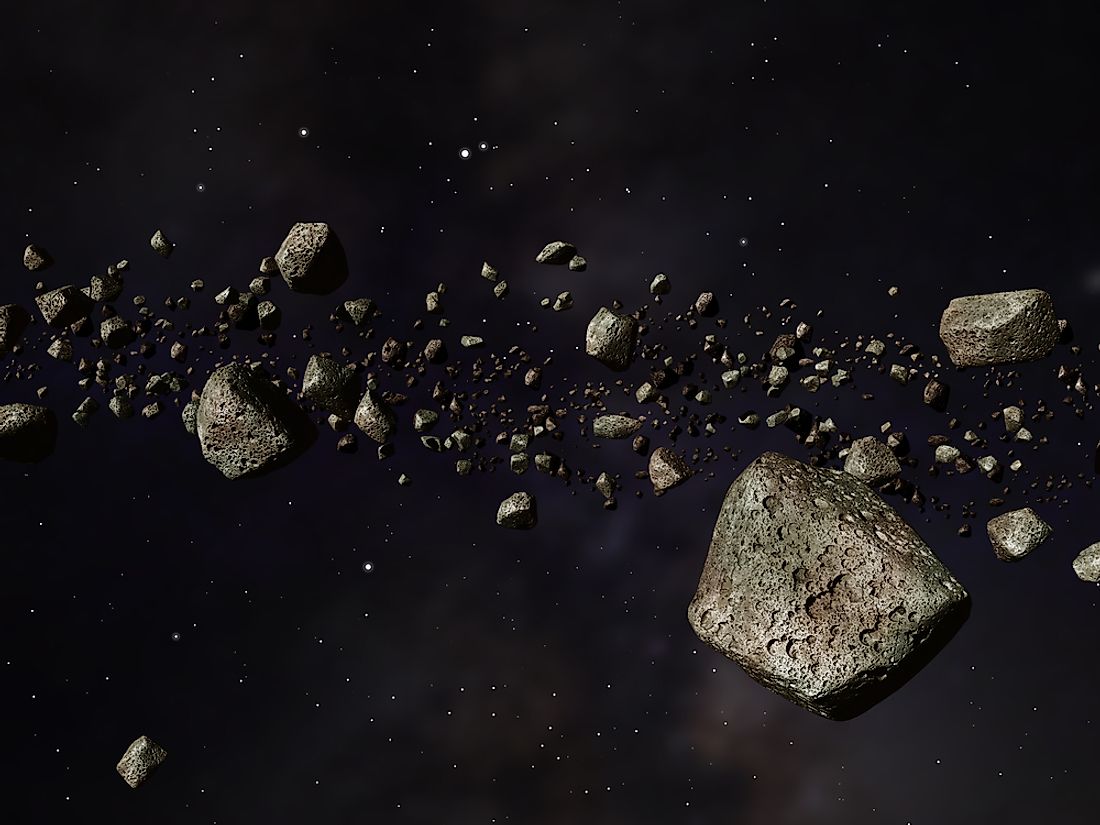
Asteroid belt
Heliopause
Kuiper belt
Oort cloud
You're almost at the end! In which year was Pluto officially downgraded from a planet to a dwarf planet?
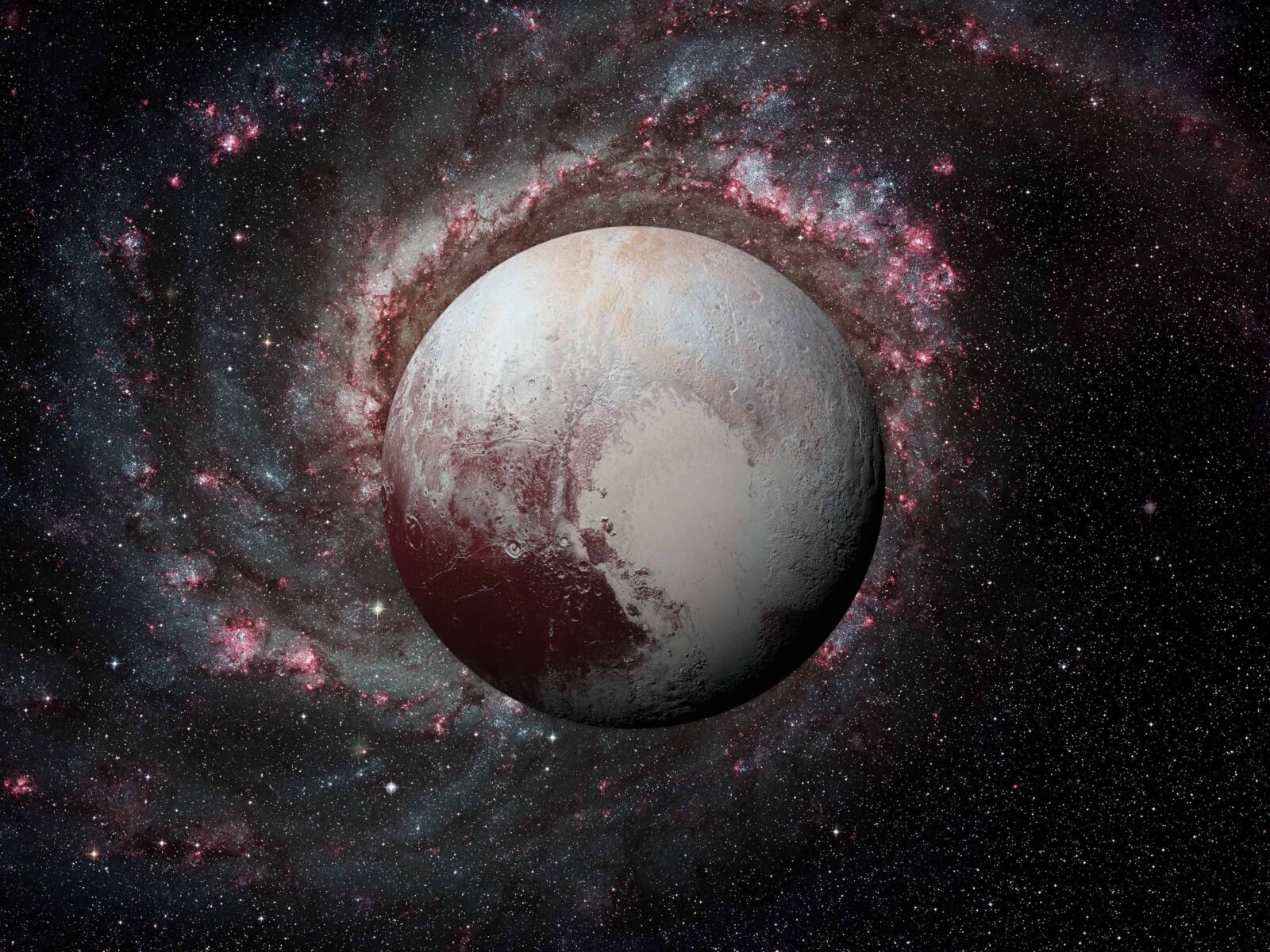
2012
2010
2006
2008
Well here's the final one: what is the region of space beyond Neptune's orbit, containing icy bodies and dwarf planets?
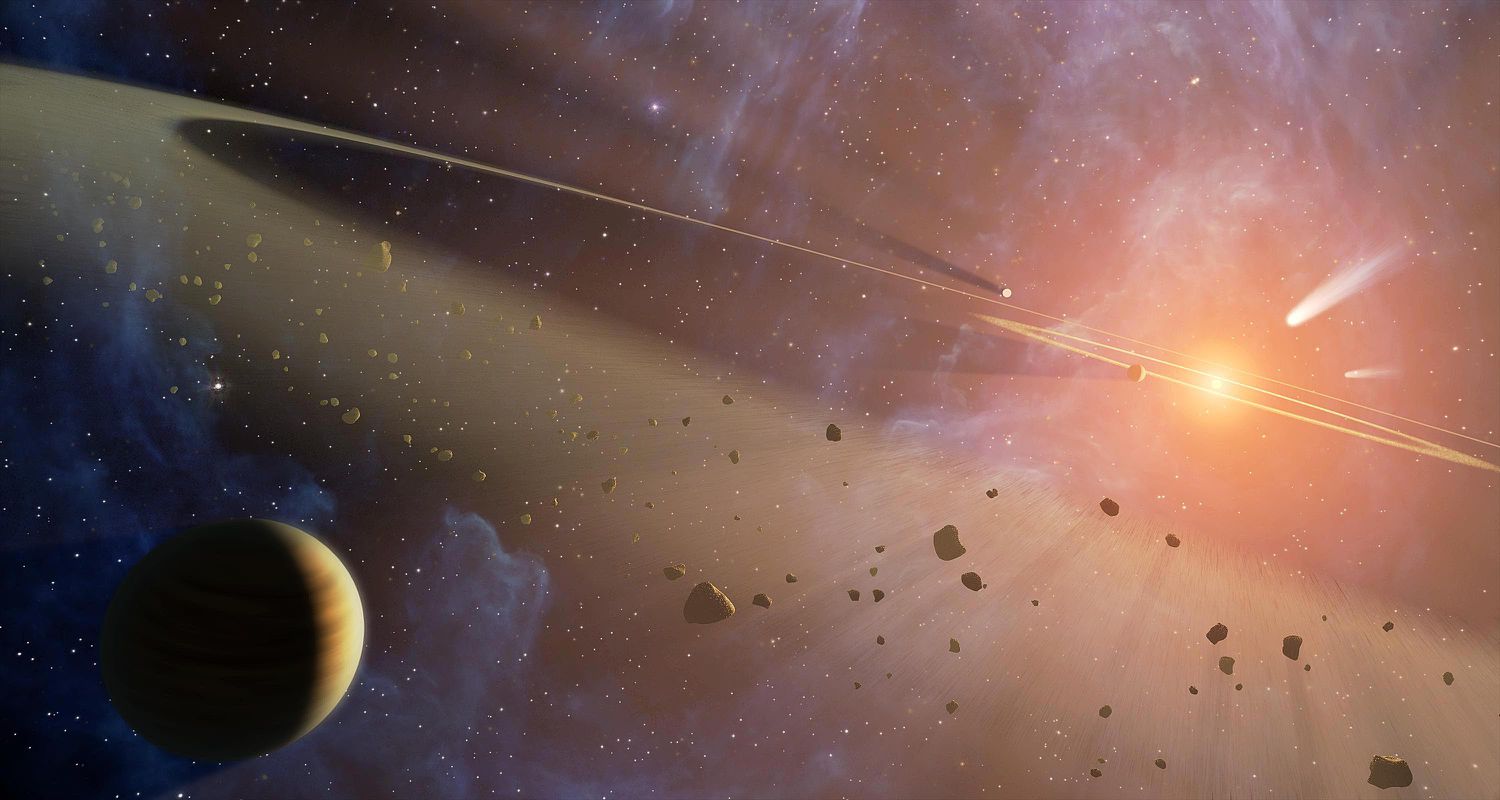
Heliopause
Kuiper belt
Oort cloud
Asteroid belt

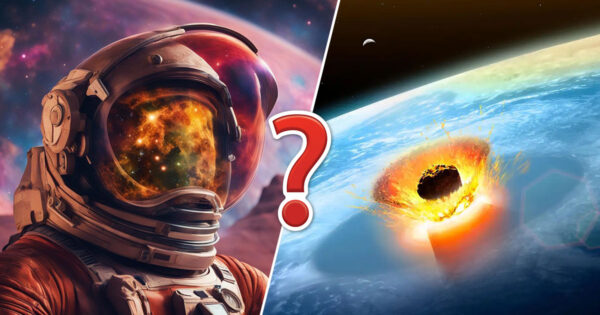
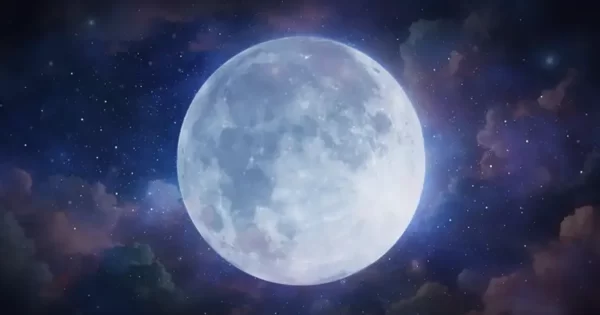
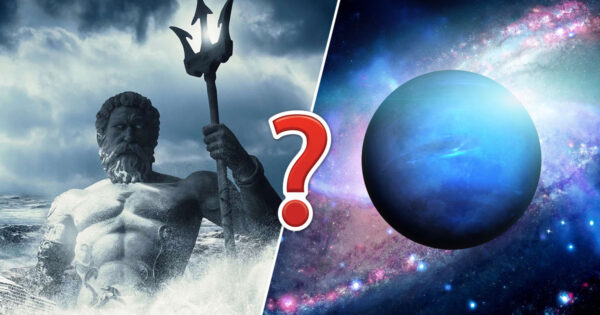
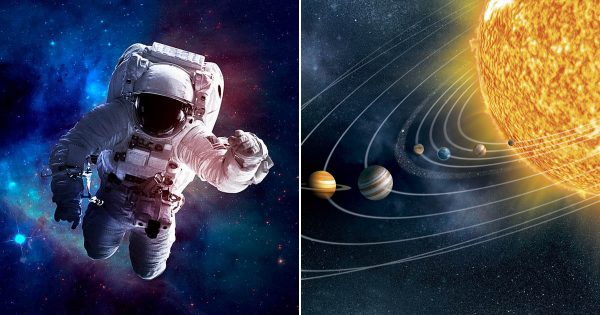
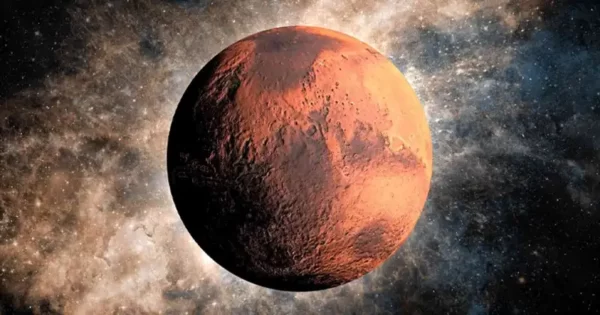
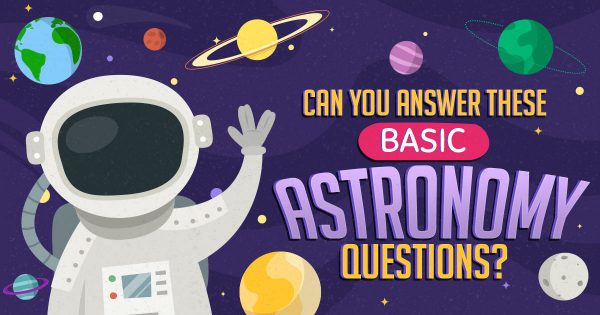
One Comment
24/24!!